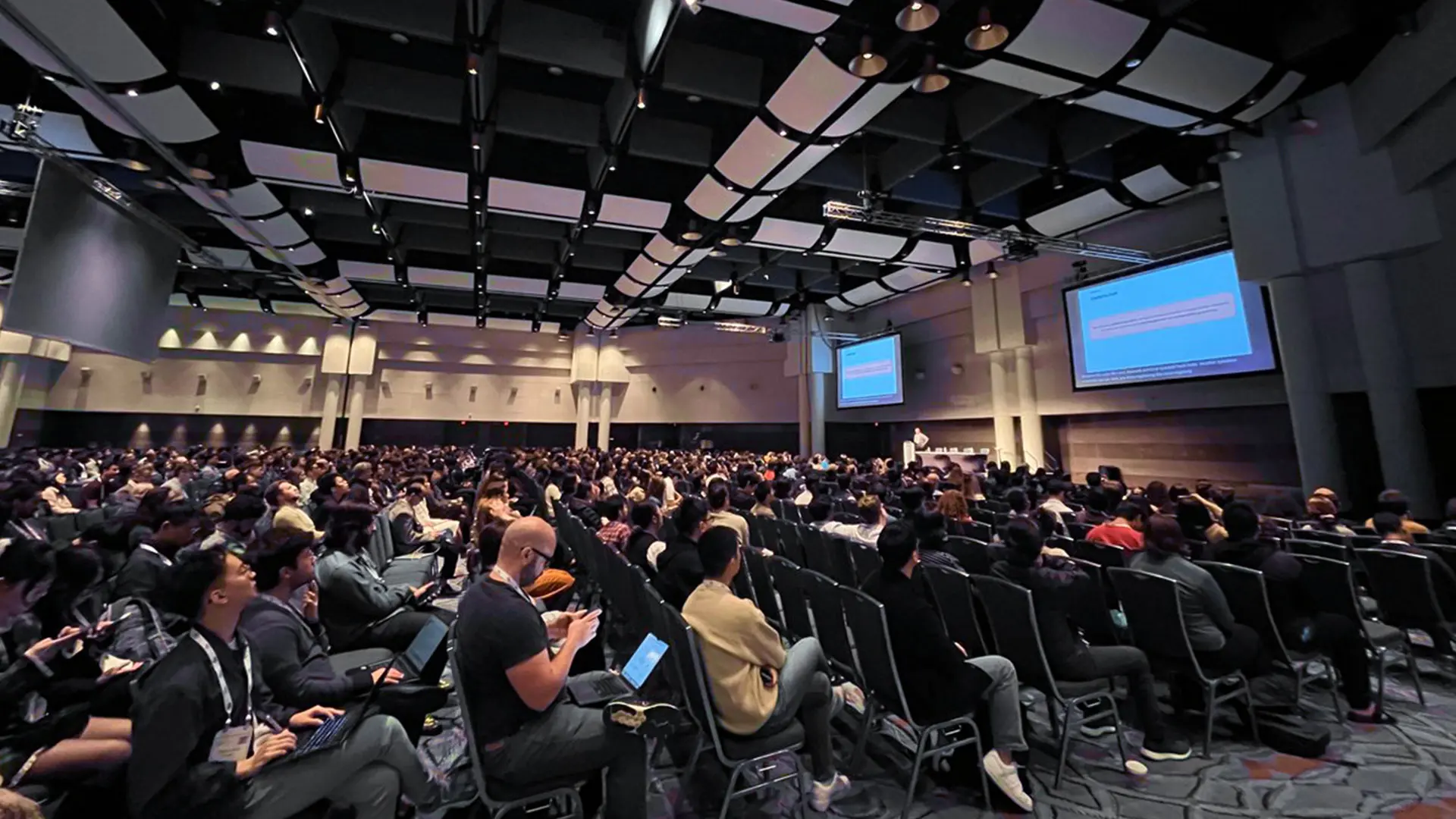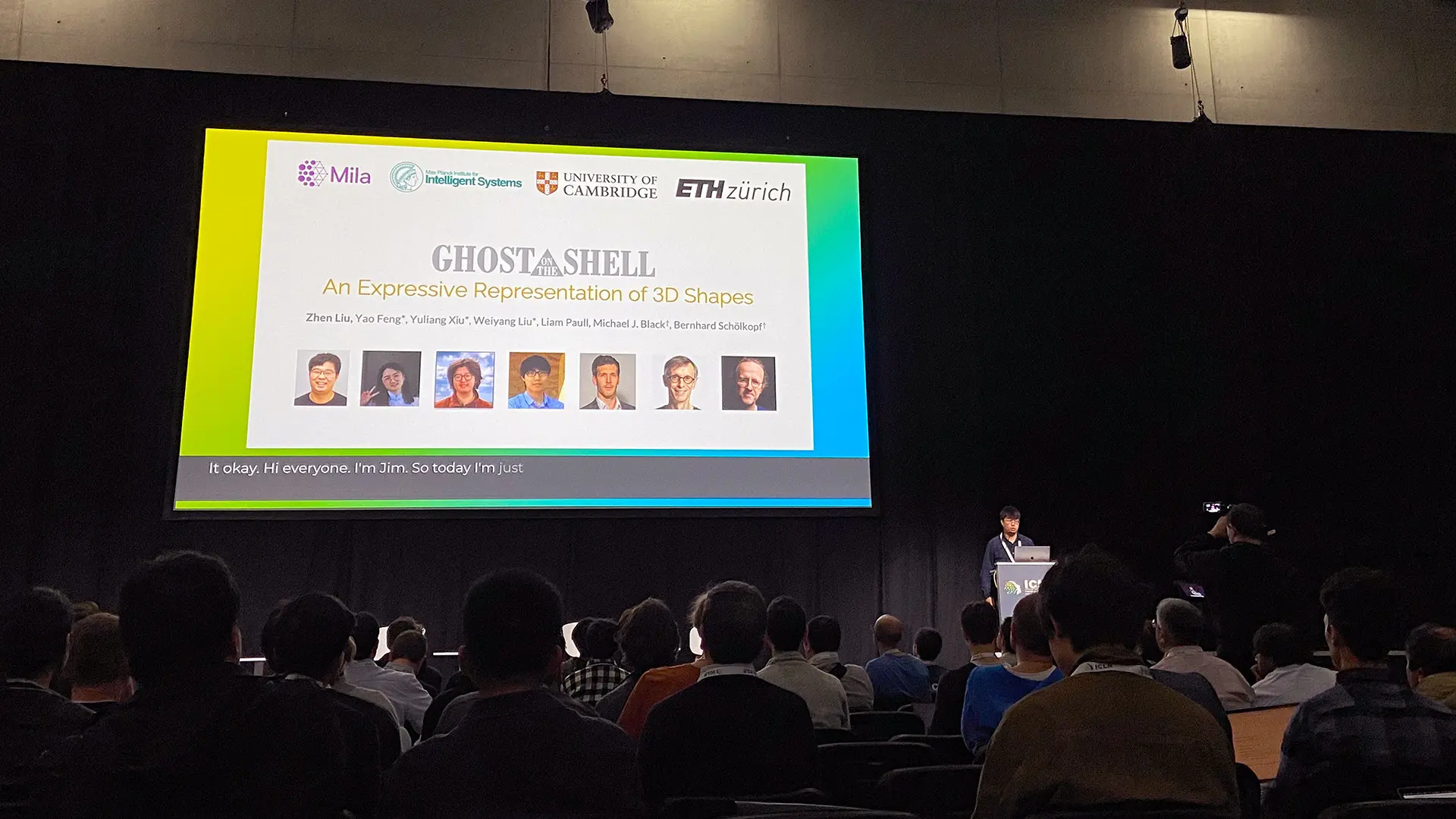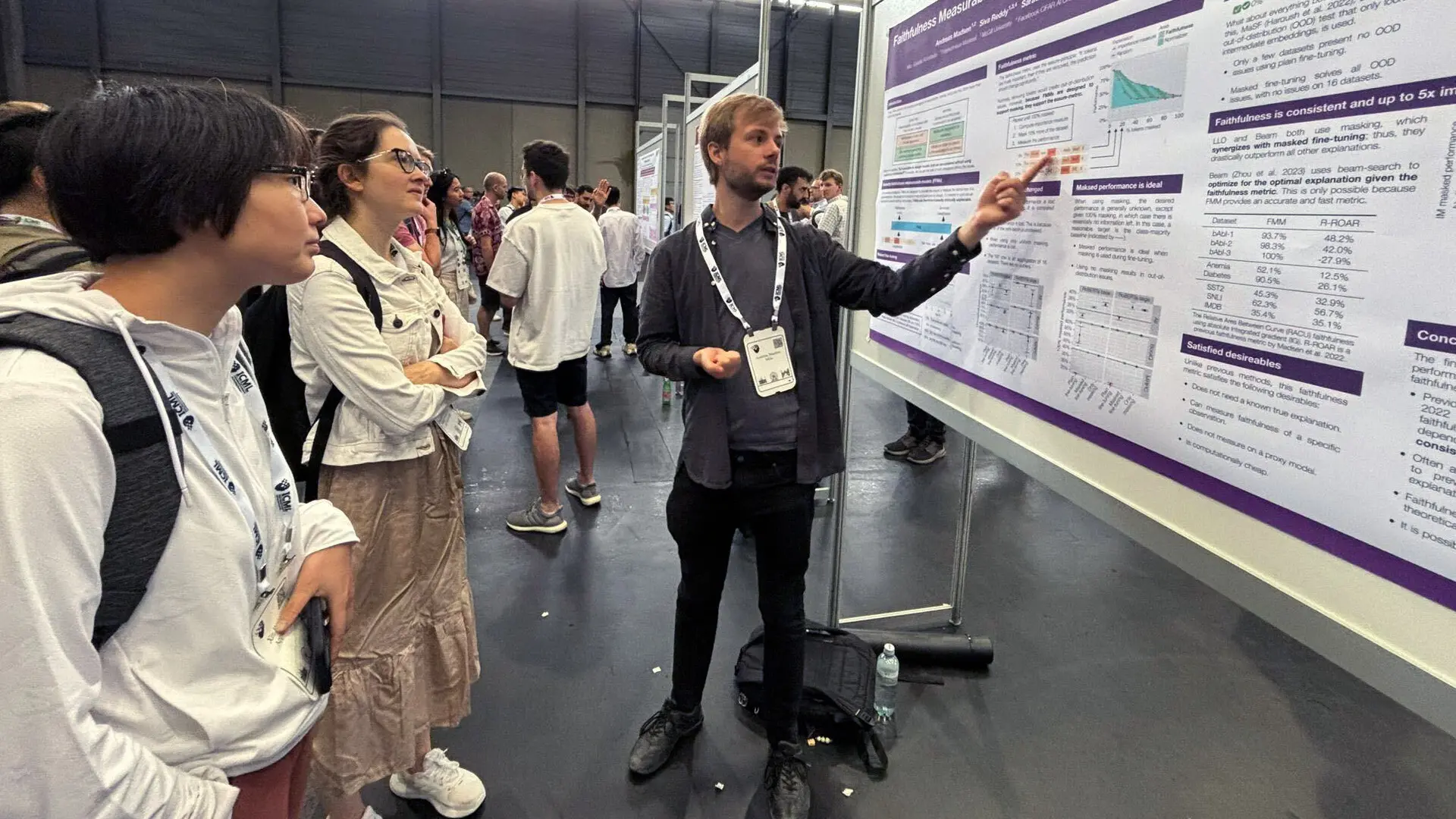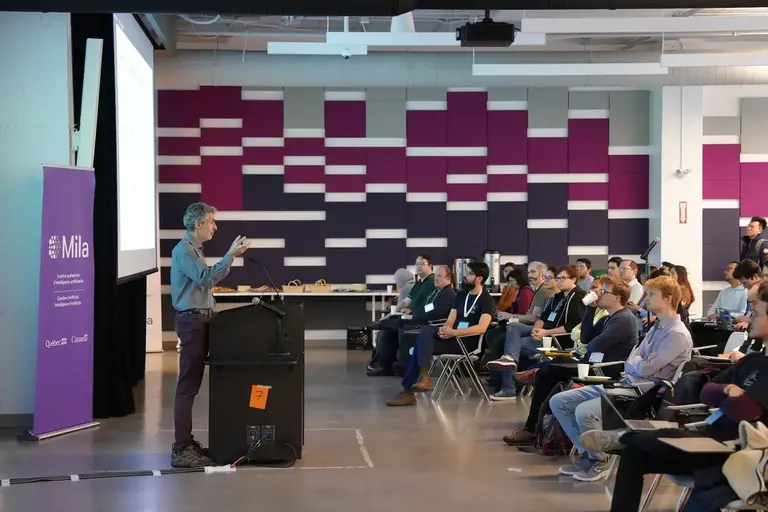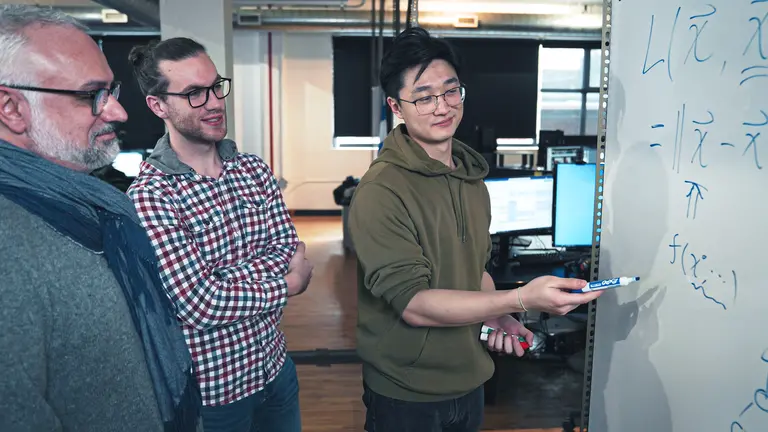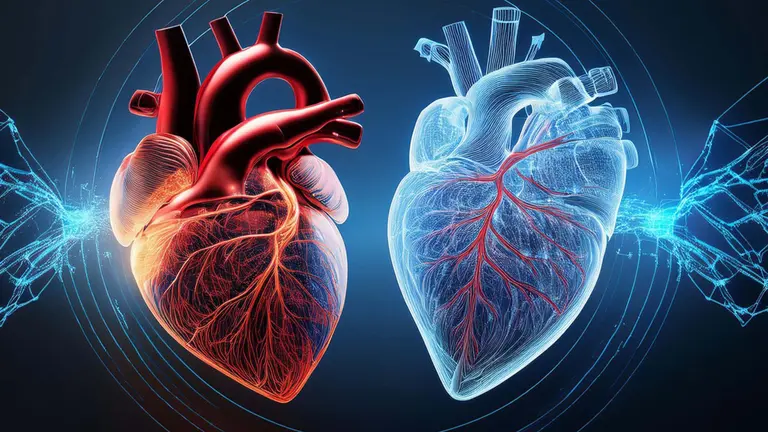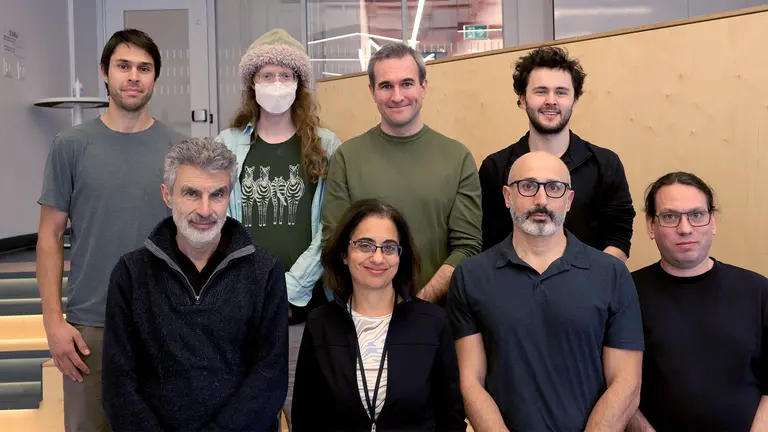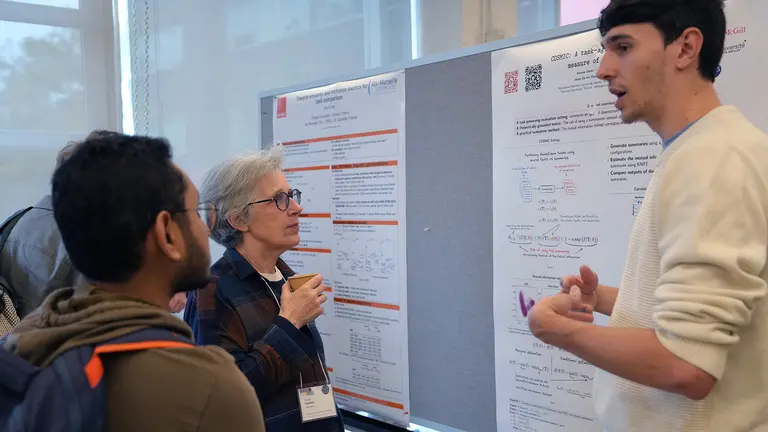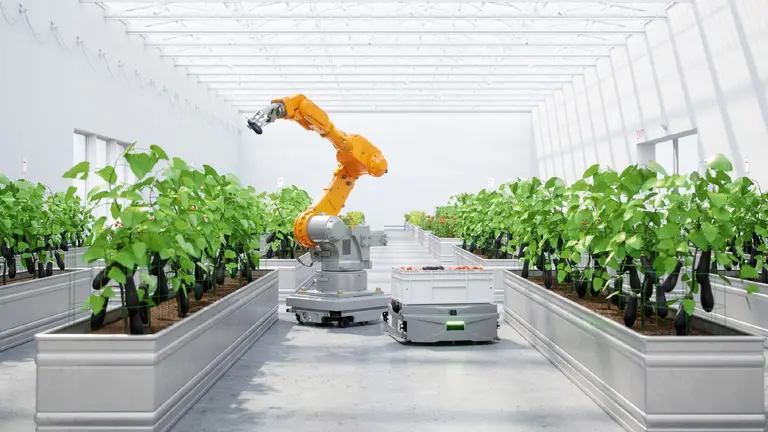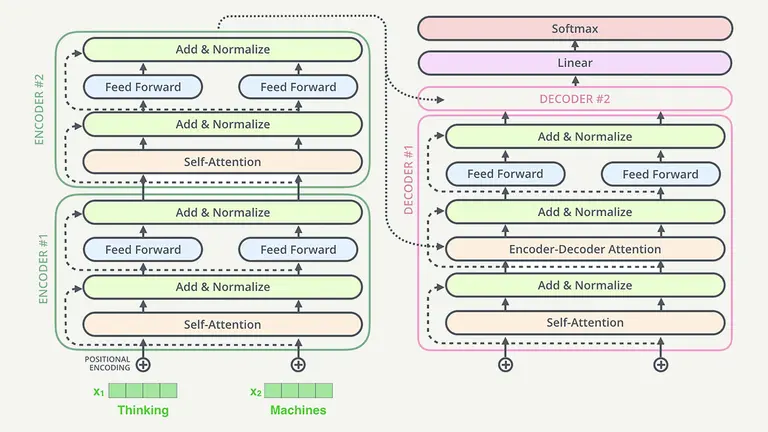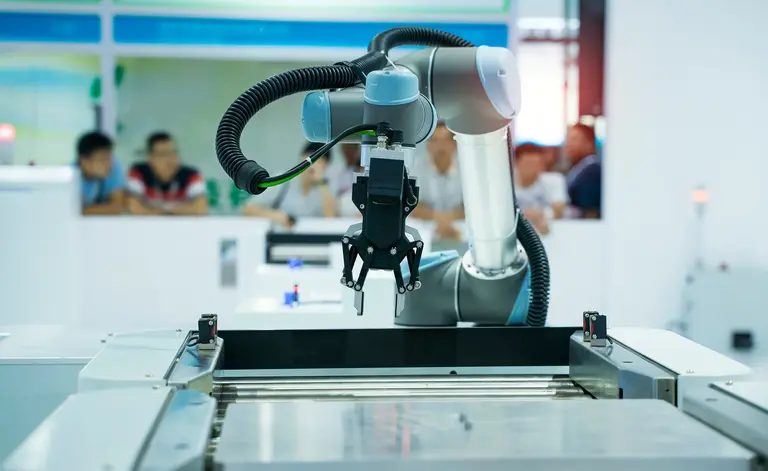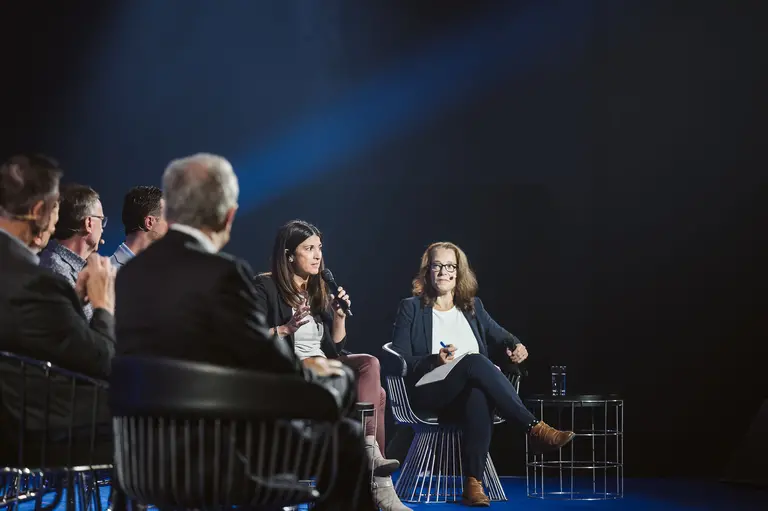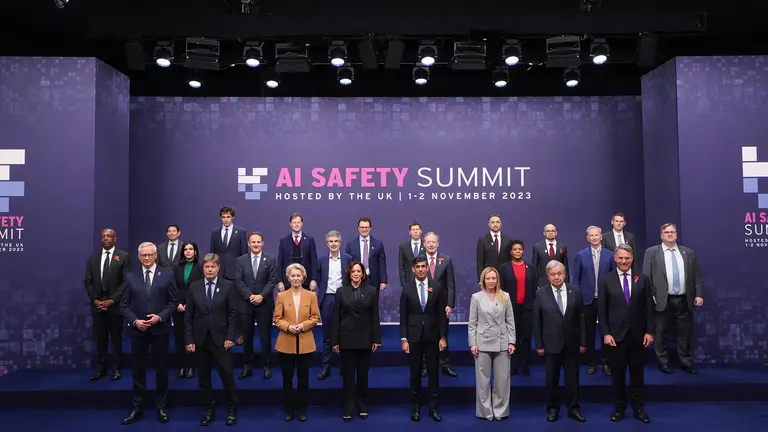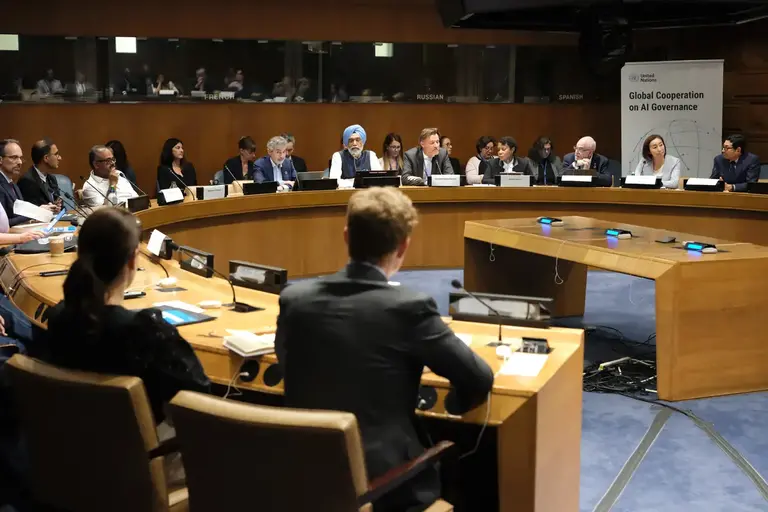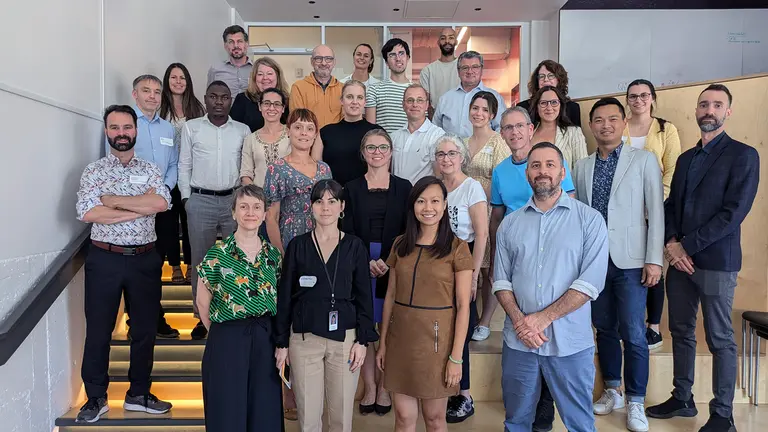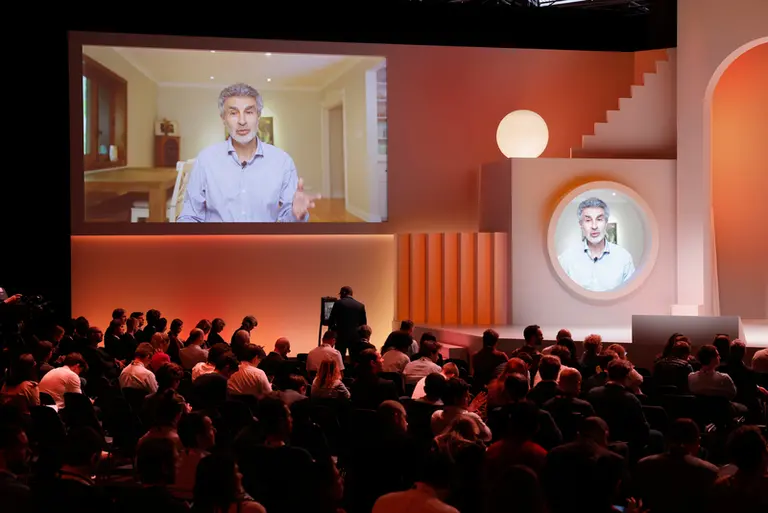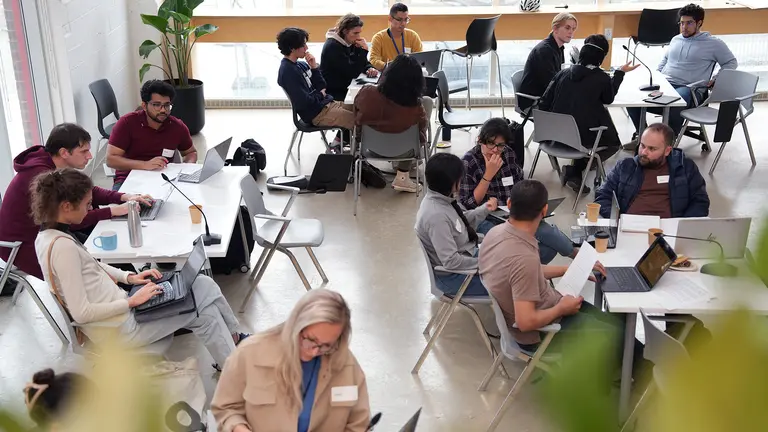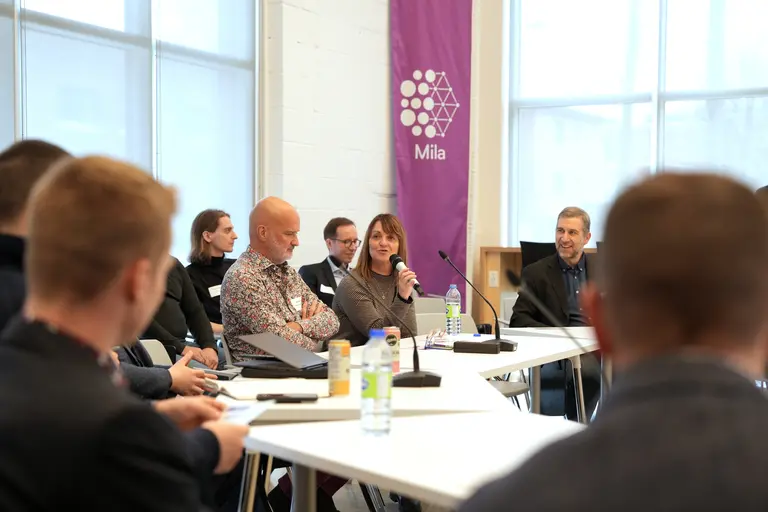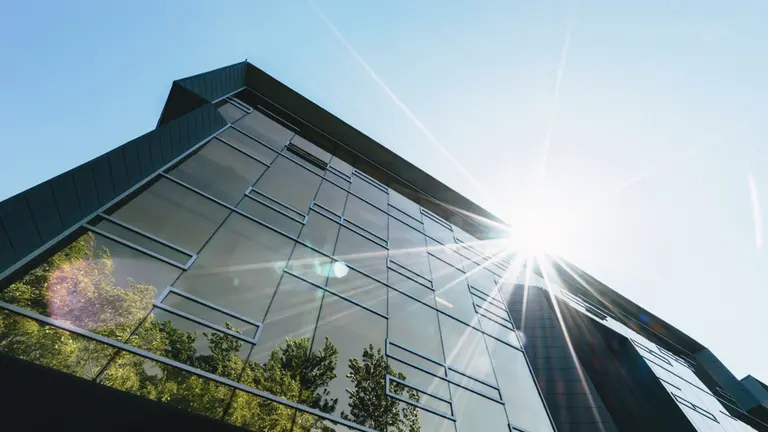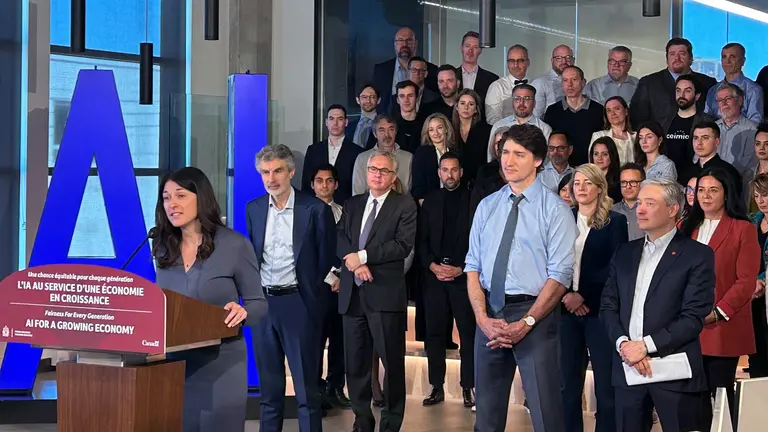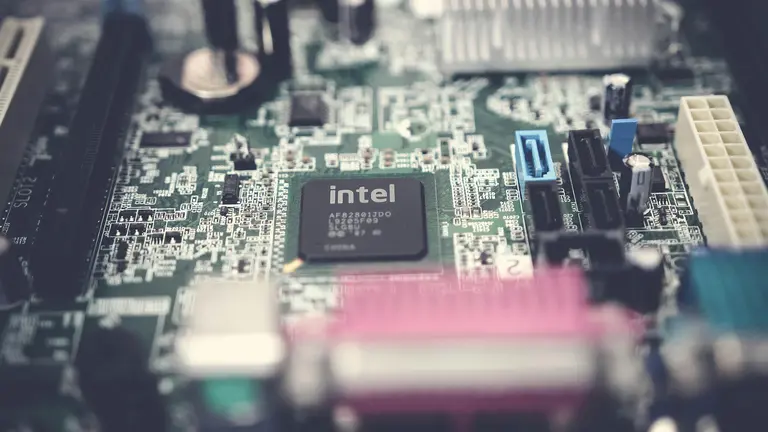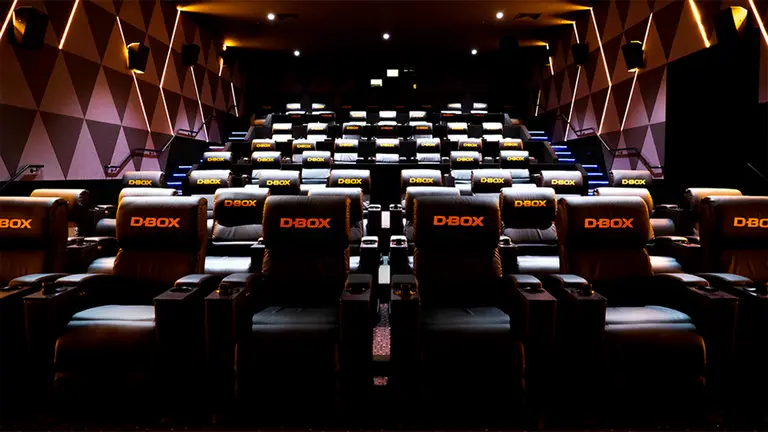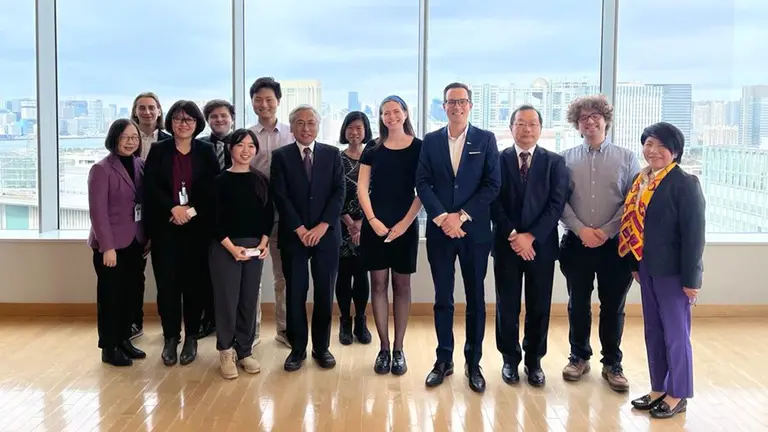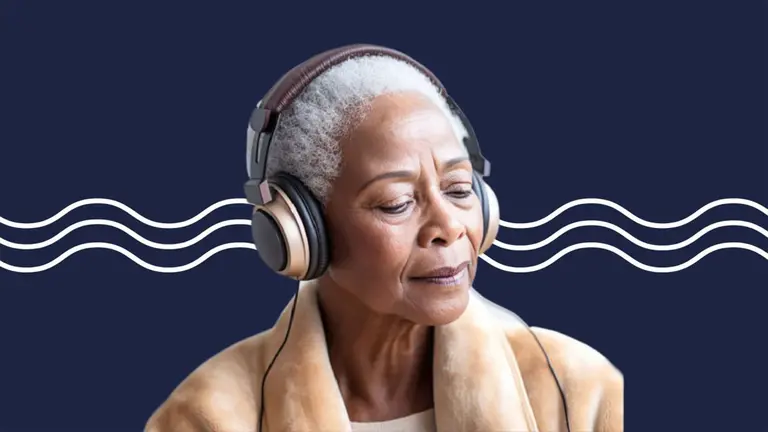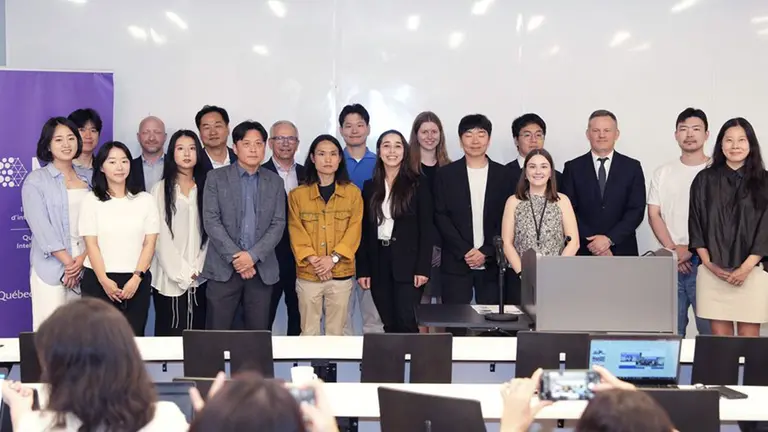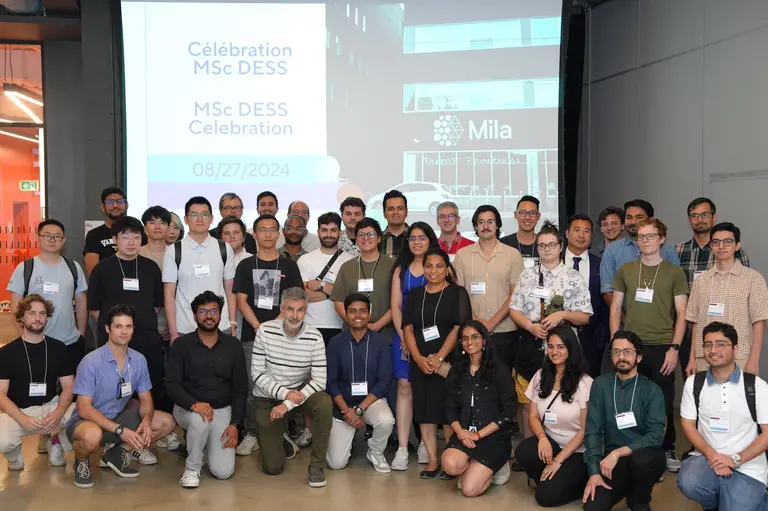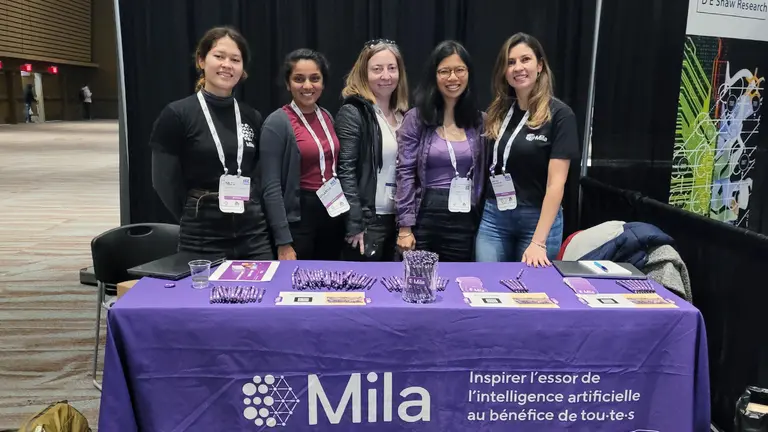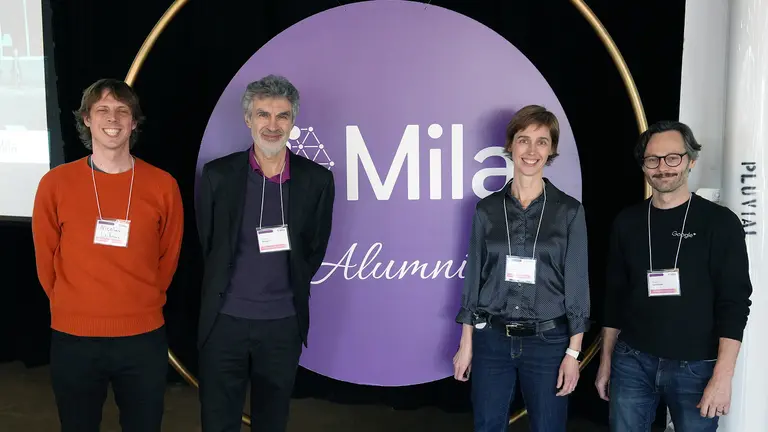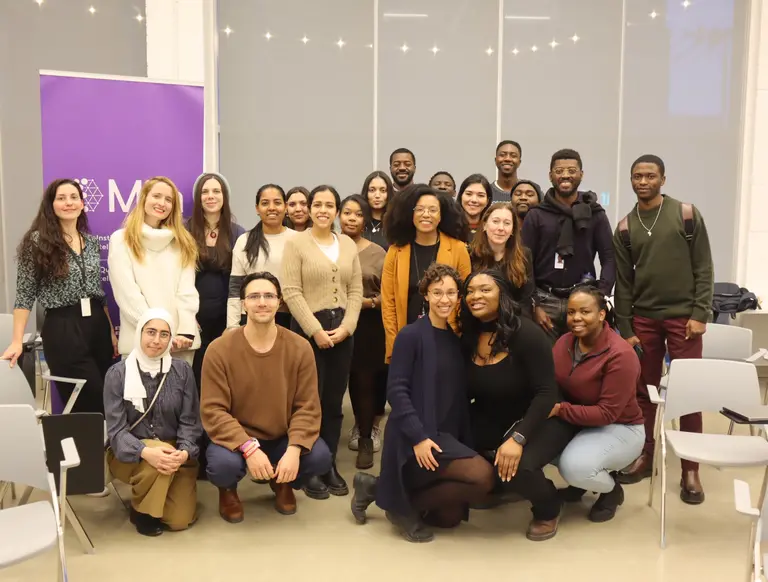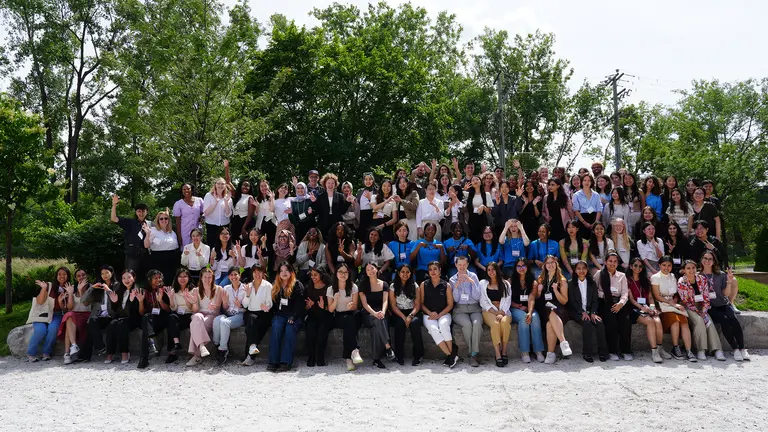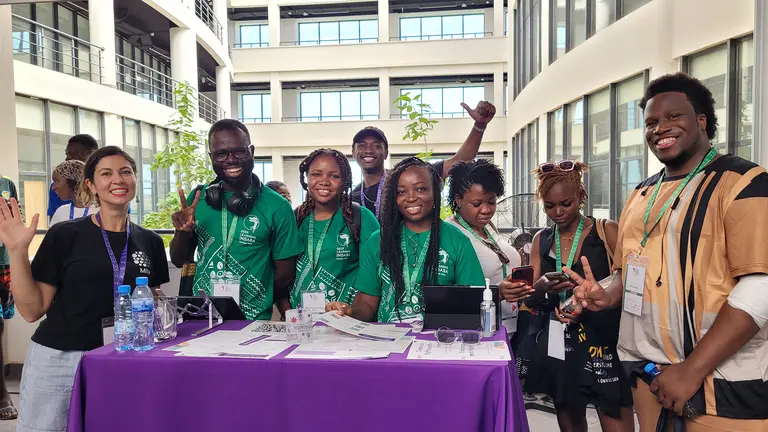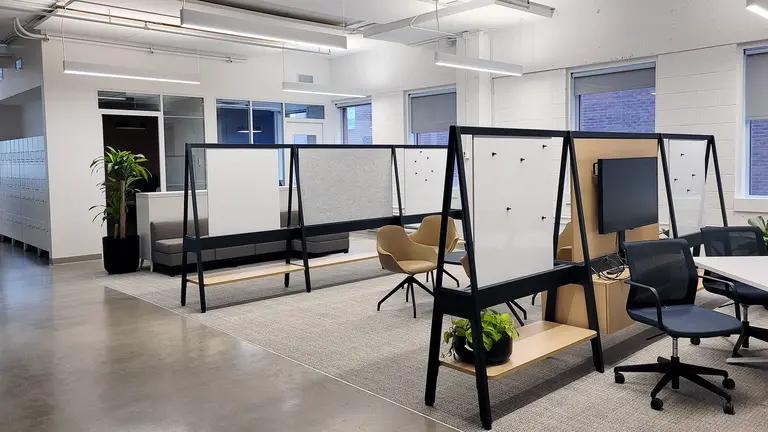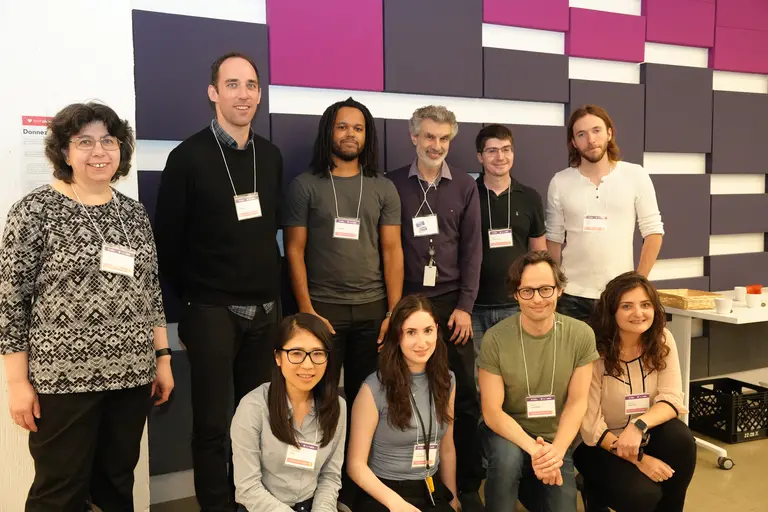Impact Report 2023-2024
Rising to the Occasion
Impact Report 2023-2024
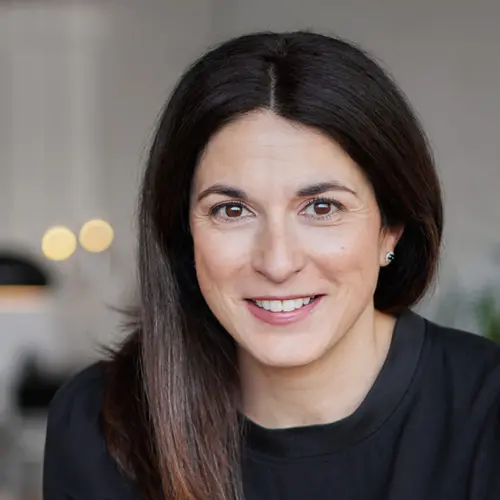


A few years ago, when Mila was established as a non-profit organization, only a handful of experts were talking about artificial intelligence (AI).
At that time, Canada was the first country in the world to fund a national AI research strategy and Mila, with about 300 researchers, was doing work that held high promise. But those innovations and advances still seemed far from real-world applications.
Today, AI is progressing at remarkable speed. Breakthroughs in generative AI and the resulting debates are top-of-mind for businesses and policymakers alike. Some are calling it a new industrial revolution, while others urge caution in deploying tools with such disruptive potential. One thing is certain: the pace of AI development is accelerating at an unprecedented rate. In this shifting and uncertain landscape, Mila is one of the organizations best positioned to make a difference for its partners in academia, industry, civil society and government.
This fall, AI took center stage at the Nobel Prize ceremony, underscoring its potential to drive scientific advancements. Building on the successes of previous generations, and now backed by a growing community of over 1,300 researchers and more than 140 industry partners, Mila’s experts are working on impactful projects across a range of fields, including health, genetics, neuroscience, the discovery of new materials, climate and the integration of Indigenous knowledge into the development of new technologies.
At Mila, we believe that realizing AI’s promise requires efforts to understand and mitigate its risks. Human rights issues are central to much of what our researchers and experts are doing, and they have brought these conversations to the global stage. Recognized as a hub for AI ethics, Mila is also today at the forefront of research into the safety of AI systems. Our scientific director Yoshua Bengio has been asked to chair the inaugural International Scientific Report on the Safety of Advanced AI and is actively engaging with governments and international organizations worldwide, earning him recognition as one of the most prominent figures in the world in 2024.
At this pivotal moment, our governments and businesses need guidance on responsibly and effectively deploying AI in their operations. Now more than ever, Mila is at the forefront of these issues, supporting the development of AI for the benefit of all.
- Valérie Pisano, President and CEO
- Yoshua Bengio, Founder and Scientific Director
- Pierre Boivin, Chairman of the Board of Directors
Cutting-edge AI Research
Mila is committed to fostering meaningful contributions and scientific leadership in the field of AI. This year, our research community has once again made remarkable advances in a variety of areas, from fundamental developments in machine learning to interdisciplinary applications in sectors such as health and climate.
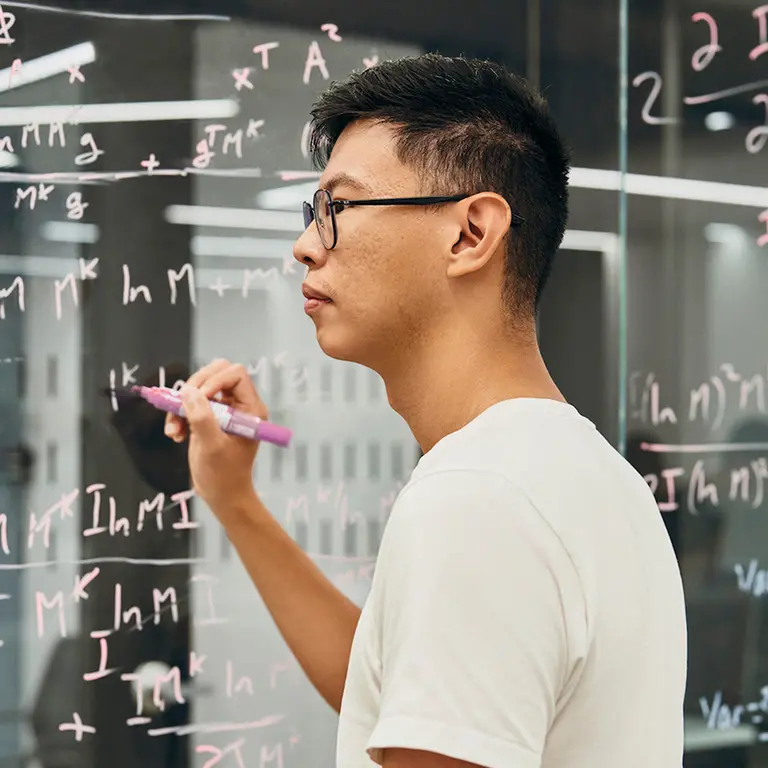
159
Faculty members
Over the past year, Mila has welcomed 37 new professors, a growth of 30%.
1,154
Student-researchers
As of September 2024, Mila had more than 1,150 student-researchers in its community.
674
Research projects
Research projects involving Mila-affiliated faculty members have shown a steady increase, rising 13% since last year from 599 to 674.
700+
Peer-reviewed articles
Mila researchers have been highly prolific, publishing over 700 peer-reviewed articles since last October. Among these, more than 150 were accepted at the main conferences of the three major annual AI research events: NeurIPS 2023, ICLR 2024 and ICML 2024.
475
Scholarships
The number of scholarships awarded to Mila students since last year, for a total of $8,56 million.
13
CIFAR Chair renewals
Over the past year, 13 of our faculty members have been reappointed as Canada CIFAR AI Chairs, a cornerstone of the Pan-Canadian AI Strategy.
Highlights
Governance & Global Reach
As AI development accelerates and AI capabilities and their governance continue to be a subject of debate, Mila has been at the forefront in providing expertise and thought leadership locally, nationally and internationally. Over the past year, we have also strengthened our learning offerings to increase awareness, literacy and capacity for responsible AI across all sectors.
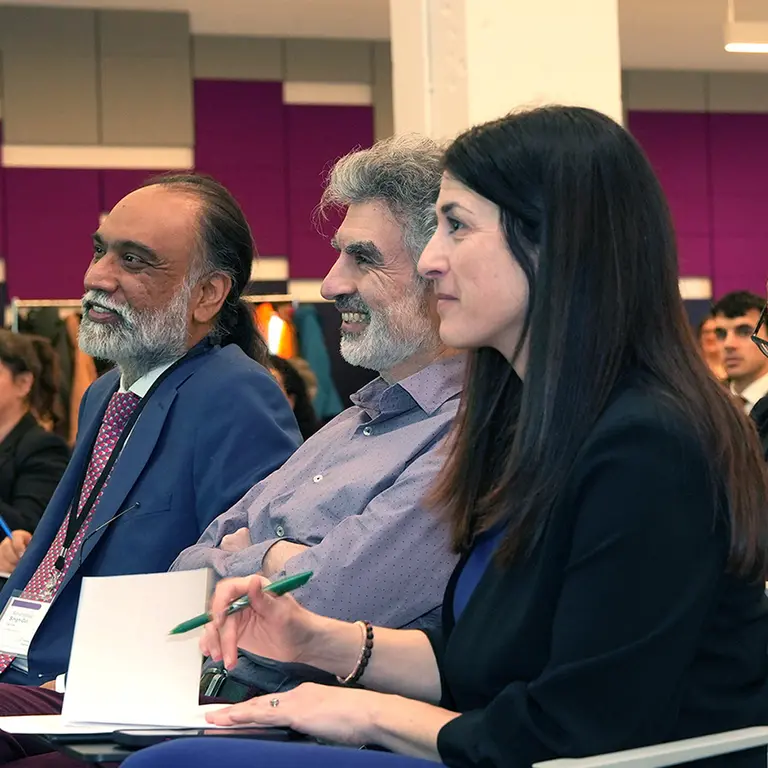
1st
Human Rights + AI Conference
Held at Mila in February, the international conference “Protecting Human Rights in the Age of AI” brought together over 200 participants.
250+
Learners
Over 250 people enrolled in our in-house responsible AI learning programs: the Summer School on Responsible AI and Human Rights, TRAIL Research and Industry, and AI Policy Compass.
5,000+
Participants
In 2023-24, we engaged with over 5,000 public servants about AI through our Speaker Series, in collaboration with the Canada School of Public Service (CSPS).
50,262
Media mentions
Over the past year, Mila and its researchers have been mentioned more than 50,000 times in the media worldwide.
Highlights

Adoption & Innovation
In keeping with its mission, Mila empowers organizations to harness AI for both social and economic impacts. This year, collaborative research between our partners, faculty members and our applied research team led to significant innovations in the real world. Meanwhile, our Entrepreneurship Lab continued to propel the creation and growth of Mila startups, many of which have already attracted international attention.
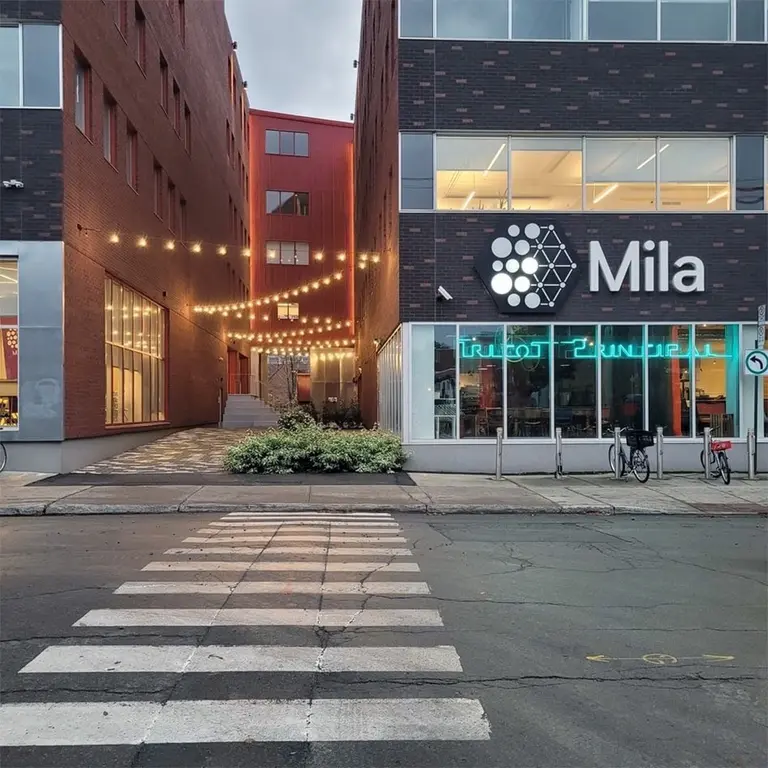
$20M
Total value of activities
In the last fiscal year, Mila's AI Adoption activities represented close to $20 million, encompassing 364 projects and transactions that supported 230 different organizations.
32
New partners
Mila welcomed 32 new partner organizations to its community, which now numbers 145 partners.
13
New Mila Startups
Mila supported the growth of 13 new startups, expanding its network to 41 startups founded by Mila researchers, which have collectively raised a total of $52M in funding.
65+
Internships
More than 65 Mila students completed industry internships in the past year.
15
Consulting projects
Mila conducted 15 consulting projects to assist and advise Canadian companies.
3,900
Participants
Around 3,900 participants attended Mila’s 50 science communication events.
Highlights

From PM Trudeau’s announcement of a $2.4 billion investment in AI to the doubling of Mila’s cluster capacity, the question of compute power and growth is more important than ever, at Mila and across the globe. Our team is making a real impact on the AI adoption and innovation landscape, as reflected in the success of our applied research projects, industry collaborations, and AI startups. I’m incredibly proud to have joined Mila to help define what’s next in this ever-evolving field.
Talent & Community
Mila takes pride in its vibrant and diverse community and strives to foster a human-centred, purpose-driven environment. This year, we celebrated everyone who has been part of Mila by hosting our inaugural alumni event. We also introduced a new program in our inclusion portfolio with the aim of igniting Indigenous talent to learn, develop and lead the evolution of AI.
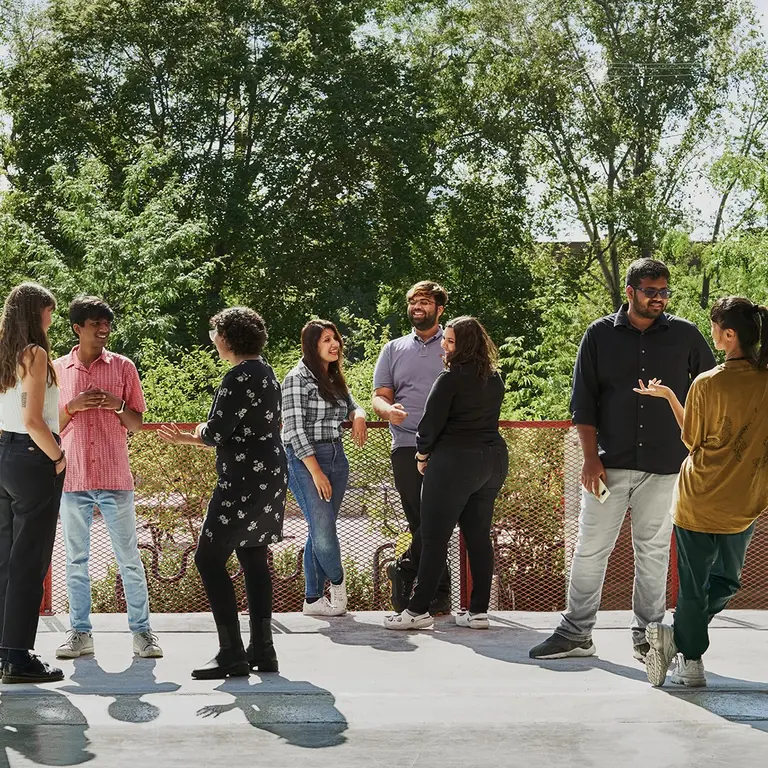
1550+
Community members
As of September 2024, Mila had more than 1550 active members in its community.
60%+
International students
Mila's status as a global hub for AI research is reflected in its 64% international student body.
102
Participants in inclusion programs
In the past year, Mila welcomed over 100 participants to its programs aimed at enabling underrepresented groups to succeed in AI.
350K+
EDI scholarships
Since its creation in 2023, the Mila EDI Scholarships Program has awarded more than 40 excellence scholarships for a total amount of $361,187.
1,439
Mila Alumni
The Mila alumni community now has over 1,400 members.
Highlights

Financials

- Government grants
- Industry contracts
- Leasing
- Other
- Amortization of deferred contributions related to tangible capital assets

- Research
- Research support, innovation and computing power
- Projects, industry relationships and training
- Amortization of tangible capital assets
- General administration
-



